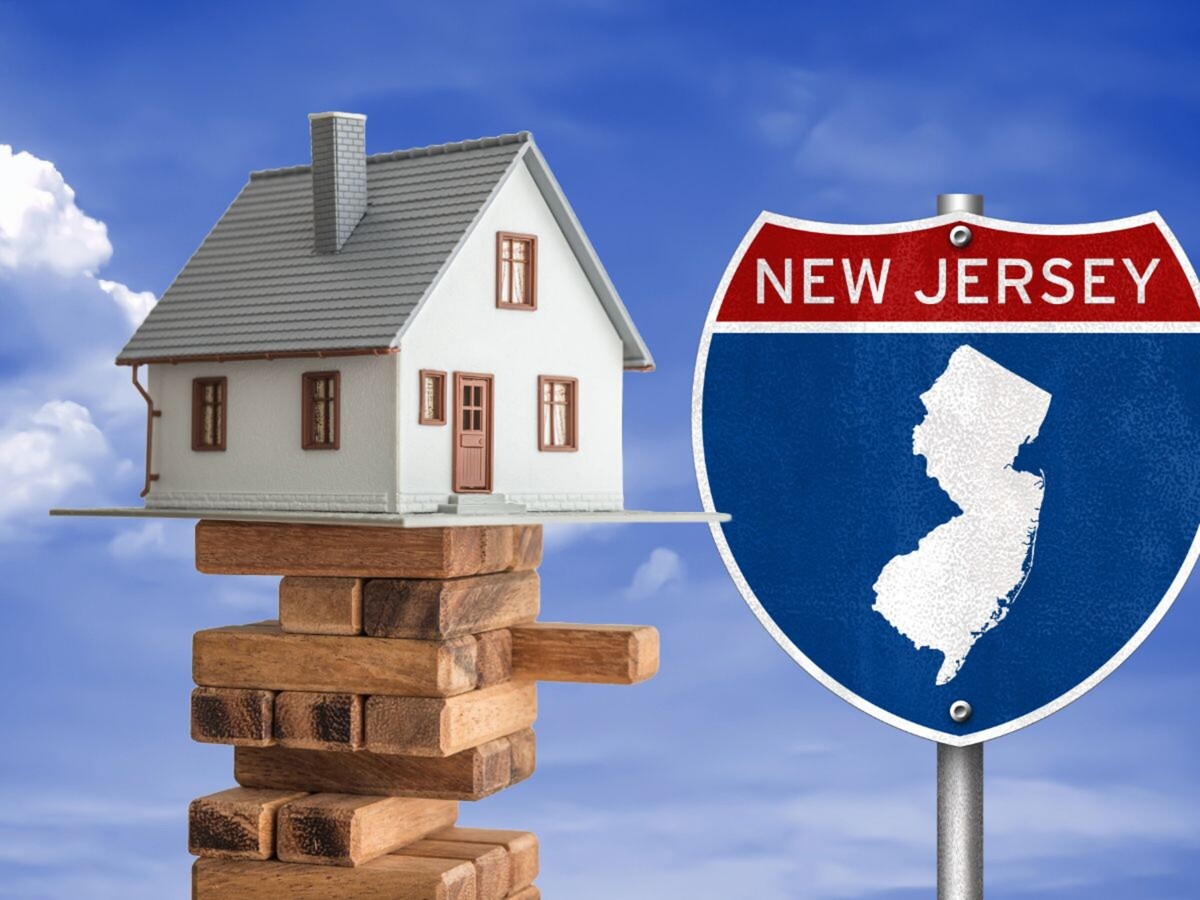Image


MORRISTOWN, NJ - In New Jersey, a state with one of the highest foreclosure rates in the United States, the foreclosure market is a complex interplay of economic downturns, housing policies, and market trends. This environment has prompted a pertinent question: does this market inherently favor large investment companies over individual homebuyers?
Foreclosure Rates and Trends in New Jersey:
Economic challenges like job losses and high living costs have led to a considerable number of homeowners struggling with mortgage payments in New Jersey. The judicial nature of the state's foreclosure process often results in a lengthy, backlog-laden pipeline of properties awaiting foreclosure.
Investment Companies in the Foreclosure Market:
With substantial capital reserves, large investment firms have the upper hand in the foreclosure market. They frequently buy properties in bulk at auctions, aiming to either sell them for a profit or convert them into rentals. Their financial clout and real estate acumen, combined with an adeptness in navigating legal complexities, position them favorably in acquiring foreclosed properties.
Challenges for Individual Homebuyers:
For individual, especially first-time, homebuyers, the foreclosure market poses numerous challenges. Limited financial resources, inexperience with foreclosure processes, and difficulties in obtaining financing for potentially repair-needy homes are common hurdles. The competitive nature of auction bidding further exacerbates the affordability issue for these individuals.
Impact on the Housing Market:
The presence of investment companies in the foreclosure market is a double-edged sword. While they contribute to the rehabilitation of distressed properties and neighborhood stabilization, their activities might also diminish the affordable housing stock and contribute to gentrification.
State Policies and Interventions:
The role of the state government and local authorities is crucial in striking a balance between the interests of investment firms and individual homebuyers. Policies ranging from foreclosure mediation to regulations on property purchases significantly influence the market dynamics.
Future Outlook: Navigating Uncertainties and New Interventions in NJ's Foreclosure Market
As New Jersey grapples with the challenges of its foreclosure market, the path forward is marked by uncertainties and evolving strategies. The recent legislative intervention by Governor Phil Murphy, through the establishment of the Community Wealth Preservation Program, is one such strategy aimed at reshaping the landscape. This program seeks to provide opportunities for individuals and entities with a direct stake in the community — such as foreclosed-upon residents, their relatives, tenants, and nonprofit community development corporations — to purchase and finance foreclosed homes.
However, the efficacy of such interventions remains to be seen. Historical precedents of similar housing initiatives across various states present a mixed bag of outcomes. Some have successfully empowered local communities and mitigated the dominance of large investment firms in the foreclosure market, while others have faced challenges in implementation and achieving desired impacts.
The success of New Jersey's Community Wealth Preservation Program will largely depend on its execution, the responsiveness of the market, and the extent to which it can address the nuanced needs of the local population. It is essential to monitor and evaluate the program's impact over time to ensure that it effectively contributes to a more balanced and equitable housing market in New Jersey.
As we look towards the future, the dynamics of the foreclosure market in New Jersey will continue to evolve, influenced by broader economic conditions, ongoing policy interventions, and the ever-changing landscape of housing needs. Keeping a close watch on these developments will be crucial for stakeholders, policymakers, and community members alike, as they navigate the intricate balance between revitalizing properties and ensuring affordable homeownership.